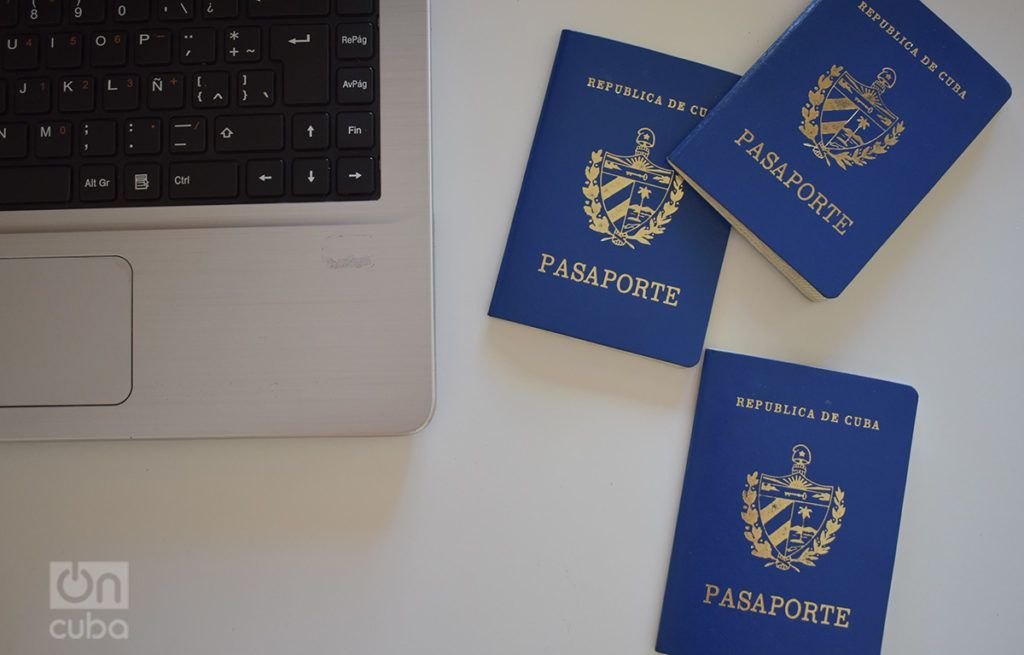The Telecommunications Company of Cuba SA (Etecsa) announced this Wednesday the extension of the electronic payment service for the tax on documents, which from now on will also be available for procedures related to the identity card and the cuban passport through the Transfermóvil platform.
In its Facebook profile, the company informed users that the version that allows electronic payments for these procedures linked to the Ministry of the Interior (Minint).
This form of payment, approved by the Resolution 685/2022 of the Ministry of Justice, published in the Gazette Official Extraordinary number 86authorizes natural and legal persons to use it in notarial and registry services when it is impossible to physically present the stamps that prove the amount of the aforementioned lien.
Initially, the method could be used in all entities within the national territory linked to the Ministry of Justice (Minjus), but procedures such as the request for an identity card and passport, as well as payments for extensions to the latter, were left aside. .
In turn, it was clarified that the electronic payment of the tax on documents cannot be used in those required for procedures before consulates and embassies. In that case, the accreditation of the payment of the stamp and the placement of the physical stamp will continue to be required, according to Minjus officials.
In recent months, the country has experienced a shortage of stamps for sale in authorized establishments, a problem that has generated discomfort and criticism among the population.
Both the Tax Administration Office (Onat) and the Correos de Cuba company recognized at the end of last year that there was a deficit “due to the increase in the carrying out of procedures by the citizens and state entities of the country.”
Among other factors, such as the processing of registration documents for tax payments for the year by the new players in the private sector of the Cuban economy, the situation coincided with the high demand for stamps for making and extending passports, as well as with the issuance and legalization of Civil Registry documents since the entry into force in Spain of the Democratic Memory Law.
The law that would give Spanish nationality to thousands of Cubans enters into force
Known as the “Grandchildren’s Law”, the regulations have raised great expectations on the island. Cuba is one of the countries with the greatest presence of applicants, given its status as a colony of Spain until 1898 and the destination of many migrants from the European nation.
The Cuban authorities also included among the reasons for the low availability of stamps the inability to have the foreign currency that would allow the purchase abroad of all the required paper money, and guarantee a production that would cover the high demand.















